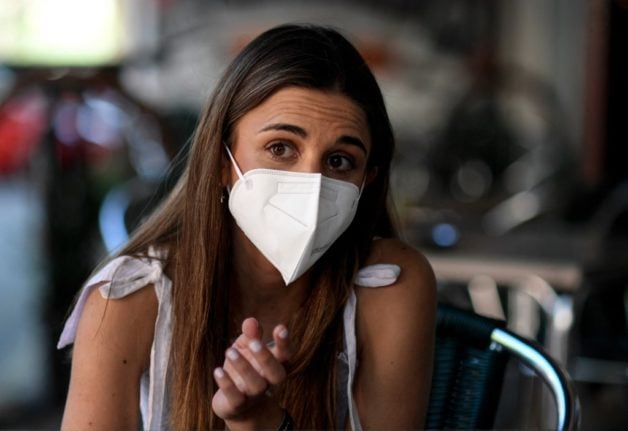The government dropped its work-from-home order and scrapped the quarantine requirement for Covid contacts, despite case numbers soaring.
READ MORE: Switzerland announces plans to relax all Covid measures
“There are increasing signs that the acute crisis will soon be over and the endemic phase could begin,” it said in a statement.
“The moment has come to once again ease measures designed to contain the spread of the coronavirus.”
The upbeat tone came despite Switzerland seeing sustained record infection numbers.
More than 40,000 new cases were registered in the past 24 hours, while nearly 2.3 million positive tests have been recorded overall in the wealthy Alpine nation of 8.6 million people.
But the government stressed that hospitals were not over-burdened, likely due to broad immunity through vaccinations and natural infections.
Travel: Switzerland proposes end to Covid entry rules
The government therefore downgraded the work-from-home order to a recommendation, although masks remain mandatory in the workplace.
It also decided to drop quarantine requirements for contacts of Covid cases, though people who test positive for the disease still need to isolate.
Bern said it was considering lifting all remaining restrictions — as Copenhagen did on Tuesday — with a decision expected on February 16.
But the World Health Organization warned Tuesday it was premature to declare victory over Covid or surrender to the rapid spread of the Omicron variant.
The Swiss are considering dropping all remaining measures in one go on February 17.
The government acknowledged this posed an “epidemiological risk”, and said it can only be done if the current fifth wave of infections starts to decline.
The move would mean no more Covid passes to enter restaurants, events and cultural venues, and the end of mandatory masks on public transport, in shops and indoor public settings.
But if all the restrictions are not dropped at once, they will be in two stages, with the Covid pass and limits on private gatherings the first to go.
“Of course the pandemic is not over but we see light on the horizon,” President Ignazio Cassis told a press conference.
“The end of the crisis does not mean the end of the virus… We must learn to live with it.”




 Please whitelist us to continue reading.
Please whitelist us to continue reading.
Member comments